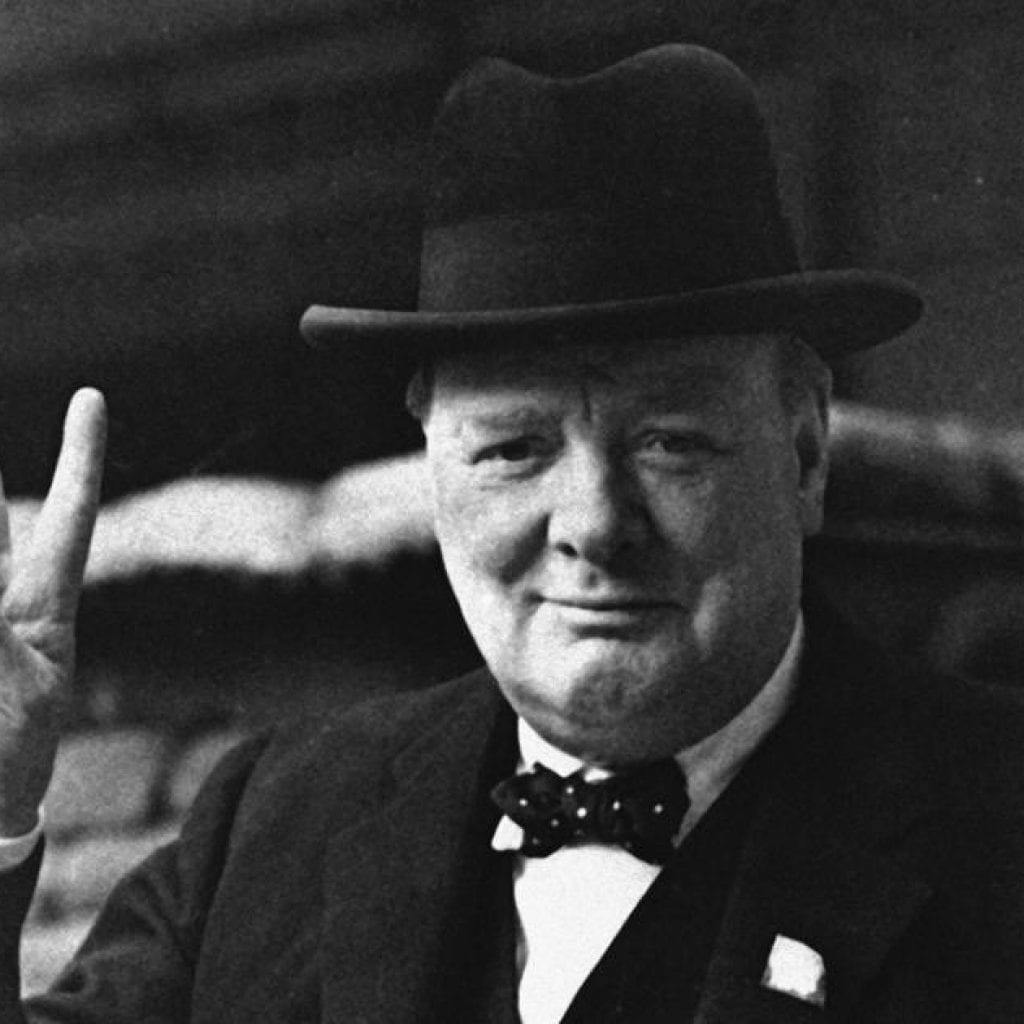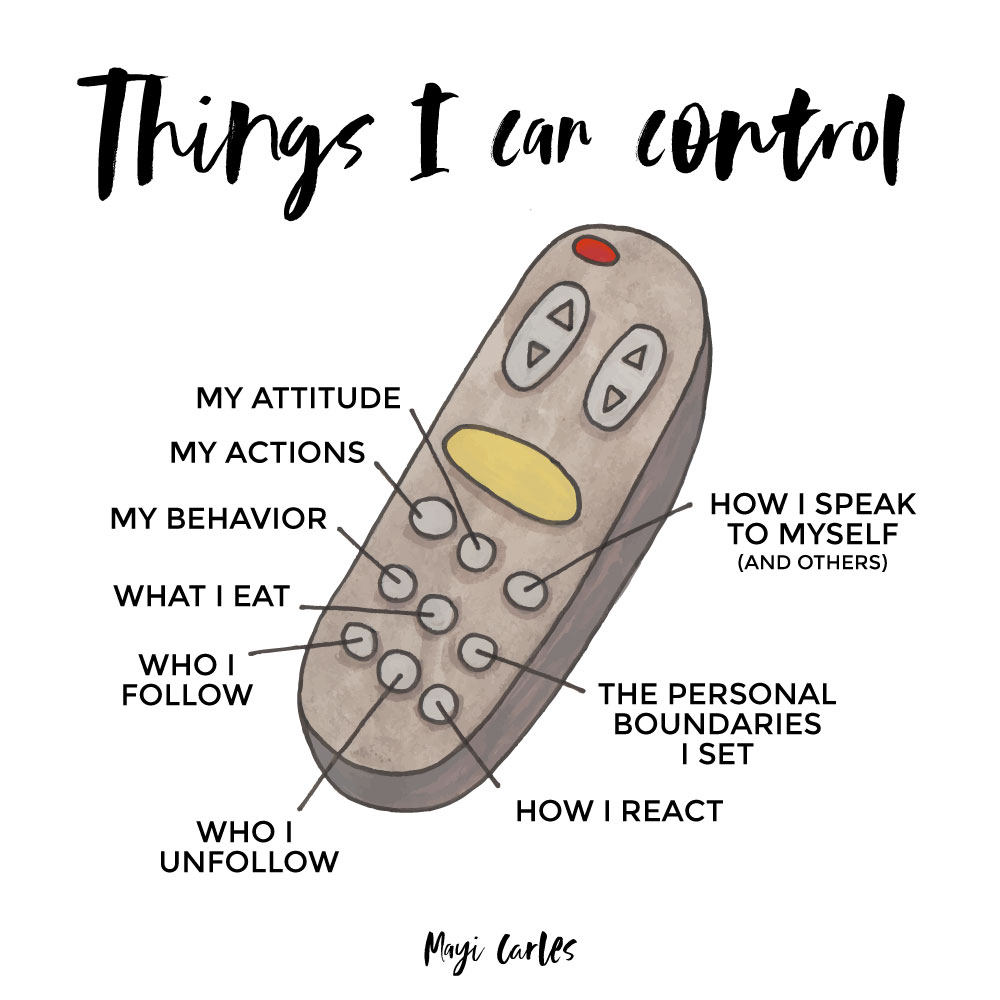Effective Goal Setting

“I think goals should never be easy, they should force you to work, even if they are uncomfortable at the time.”
Michael Phelps
You may already be familiar with SMART (or SMARTER) goals, however, for our swimmers, I would like us to take things to another level. I propose we build on the simple acronym and follow 7 key steps for effective goal setting.
- Your WHY is what guides you
Before you start setting goals you need to understand your own WHY. This is not an easy task; it requires both introspection and self-awareness. Once you know your why it helps guide you through life. One of my favourite authors Simon Sinek wrote:
“Working hard for something we don’t care about is called stress: Working hard for something we love is called passion.”
Knowing your why, and being able to clearly articulate it, is the linchpin that will hold your goals together.
- Your goals are more than smart
Most people set goals by looking forward. I want to challenge you to look backwards. This may sound strange when we are trying to achieve something in the future, but our minds find it a lot easier to work backwards.
How do we do this? Imagine yourself as you achieve your ultimate goal and look back to where you are now. That time might be 4 years or 8 years down the road, but where do you have to be in 7 years to make that happen? …Then 6?…Then 5? Keep going until you arrive at where you want to be tomorrow, and you will have mapped the road towards what you are trying to achieve.
- You are a clever goal setter
There are a few tools that people can use to be clever goal setters. We have already talked about some, like visualisation. This is a little thing called the reticular activating system at work. This allows you to trick your body into thinking that it has done something when all you have done is visualise it.
This system is at work when you do something as simple as writing down your goals. This simple act of writing down and committing to your goals raises the likelihood of achieving them by 30X. That seems clever to me.
- Systematic Approach
Goals should be moderate to hard in order to be motivating. There is a tendency to disengage when goals are too easy or too difficult. When they are too easy people disengage due to apathy. When goals are to hard people will disengage because of things like fear. You must try and hit the sweet spot.
But what do you do when you are chasing that big fish? that Whale?! You would not try and eat a whole whale in one sitting, would you? I would not try to eat a whale either, but just indulge my metaphor. But if you broke it down over time, a very long time, and made good use of the freezer, you could achieve it. You can do this with your goals as well. You can have yearly, monthly, weekly, and daily goals that are the steppingstones to your success.
- Reward yourself regularly
Now this is not your parents rewarding you for PBs with money or presents of extrinsic value. This is a topic that I talked about on the Swim.rocks podcast a few years ago. When someone receives and extrinsic reward for their achievements, to maintain that level of motivation in the future the reward needs to increase in size. It starts off as $5 for a PB and later turns into the latest iPhone.
What we are talking about using that handy little chemical messenger called dopamine. For those that do not know, dopamine is a type of neurotransmitter. Your body makes it, and your nervous system uses it to send messages between nerve cells. Dopamine plays a role in how we feel pleasure. It is a big part of our unique human ability to think and plan. We might get this when the club gives us a shout out on social media, or when mum and dad get pizza on the way how when you have done well.
The other way that you can get this is when we achieve our goals, we also get this dopamine hit. If you set 3 daily goals, two easy and one more challenging. Achieving those first two will give you that extra motivation, and dopamine hit, to help achieve the more challenging one. That is the right way to reward yourself.
- You are not a push over

“Never give in. Never give in. Never, never, never, never—in nothing, great or small, large or petty—never give in, except to convictions of honour and good sense.”
Winston Churchill
When you set a goal it is important that you know when to be unwavering in your pursuit of this. Life must allow for a bit of wiggle room on the path to achievement. But when it comes to your goals you cannot be a push over.
An area that this often comes into play is when dealing with the people that you surround yourself with. “You’re the average of the five people spend the most time with,” a quote attributed most often to motivational speaker Jim Rohn. There is also the “show me your friends and I’ll show you your future” derivative. Whichever you have heard, the intent is the same. If you have the right people around you, that are on the same page, who understand what you are working towards, you then have people that can help you achieve your goals. When they do not, it is important to know yourself, know the situation and are not a push over.
I know that for myself growing up, my parents always knew when someone was a bad influence long before I did. It is probably the last thing that you want to hear, but often your parents will see this coming, so listen to them.
- You have a backup strategy
Everything is not going to go to plan all the time. You will have setbacks along the way. In the army I always got told that “No plan survives first contact with the enemy” which was great to hear after hours upon hours of planning. But what I later realised is that this allowed us to look ahead and plan for the obstacles that you might face that would get in the way of your plan.

“It is a bad plan that cannot be changed”
Napoleon
You could get sick, you could get injured, there could even be a worldwide pandemic that could keep you in isolation. The trick is to use the “IF – THEN” tool. You might have a great plan to train every morning this week. But one morning your alarm does not go off and you miss a session. With your back up strategy you have in place that is not a problem because you have said “IF is miss a morning sessions THEN I will train that afternoon” and you are still on track.
The power of the “IF – THEN” statement gives you power to not throw the baby out with the bath water. I might be on a diet; I might have a bit of chocolate. If I’m not prepared I might say “well I had a piece, my diet is ruined” and eat the whole block. Or with the power of ‘IF – THEN” you can say “If I have some chocolate, then I will stop after one piece” and the back up plans works.
Over the coming weeks, as we go though our goal setting meetings this is how we are going to be effective goal setters.


